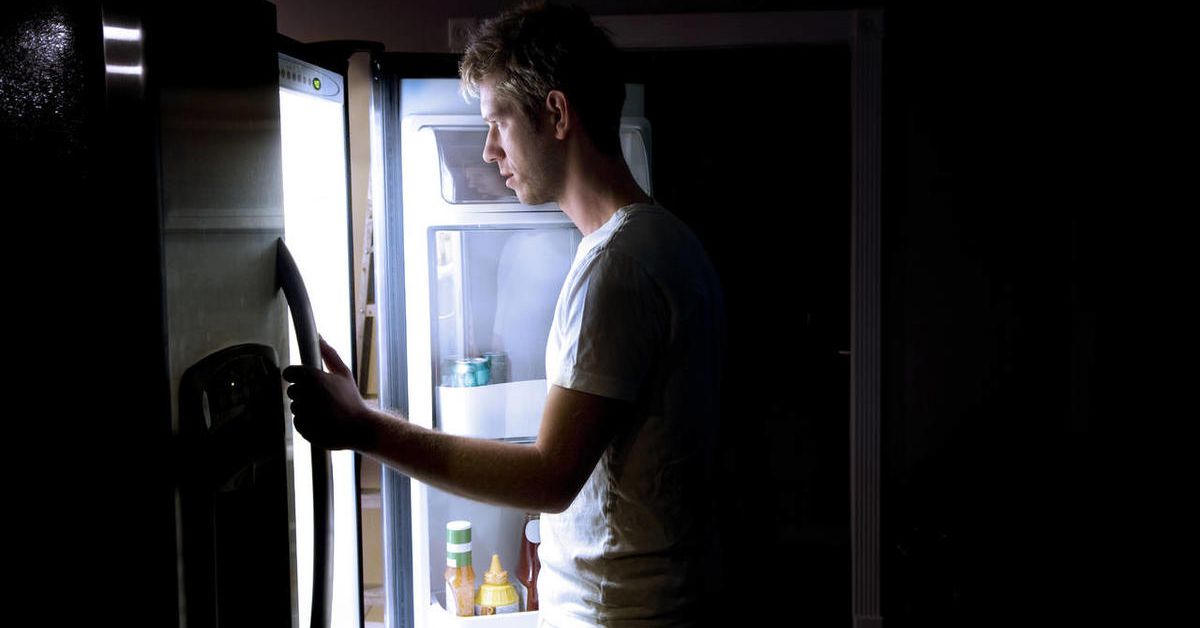John Egan
As many as 10 million residents of the Mid-Atlantic region will lose power during and after Hurricane Sandy, according to a computer model developed by an engineer at Johns Hopkins University.
“Hurricanes and other severe storms often result in widespread power outages,” Michael Gillerlane, a senior assistant vice president at Amica Mutual Insurance, says in a news release. “Depending on the severity of the storm, you could be without power for several hours – or several days.”
Here are answers to some common questions about home insurance and power outages.
The food in my refrigerator went bad because of a power outage. Does my home insurance policy cover this?
A basic home insurance policy usually does not cover spoiled food, but you can buy extra coverage for this. If the power loss is blamed on a break in a power line that’s on or near your property, you may be covered by your basic policy, however. Keep in mind that you may be able to get reimbursed for the spoiled food by your local power company.
How does coverage for spoiled food work?
This coverage comes through an “endorsement,” or add-on, to your home insurance policy. This coverage typically has a limit of $500 to $1,000, but your deductible usually is capped at $100.
If my insurance does cover spoiled food, how do I get reimbursed for it?
File a claim with your home insurance company. Keep a detailed list of the food you had to pitch and share the list with your insurance adjuster.
Does my insurance cover hotel expenses if I’ve got to leave my home because of a power outage?
Generally, your home insurance policy doesn’t cover this. Standard home insurance policies provide coverage only for “additional living expenses” – such as hotel stays – if damage to your home forces you to find shelter elsewhere.
When a power outage happens, when should I worry about my refrigerated food going bad?
If a power outage lasts two hours or less, don’t be concerned about losing perishable food.
What should I do to preserve food during a power outage?
Keep refrigerator and freezer doors closed as much as possible. Eat perishable food from the refrigerator before eating any other food in your house. An unopened refrigerator will keep foods cold for about four hours. Once the refrigerated food is gone, eat food from the freezer. A full freezer will maintain a reasonable temperature for about 48 hours if the door stays closed.
What should I do with refrigerated or frozen food after the power comes back on?
Throw away any food that has been exposed to temperatures higher than 40 degrees for at least two hours or that has an unusual odor, color or texture.
Never taste food or rely on appearance or odor to determine its safety. Some foods may look and smell fine, but if they’ve been at room temperature too long, bacteria causing food-borne illnesses can start growing quickly. If food in the freezer is colder than 40 degrees and has ice crystals on it, you can refreeze it.
The power outage caused water pipes in my home to freeze and burst. Does my policy pay to fix the pipe and the water damage?
Home insurance generally covers repairs in this situation, when the power outage is beyond your control. If you neglect to maintain heat in your home, however, your coverage won’t kick in.
Safety tips
If your power does go out, Amica Mutual offers this advice:
- Contact your local power company, especially if power lines are down in your neighborhood. Stay away from downed power lines.
- Turn off and unplug major appliances, including TVs, computers, stereos and other electronics, to avoid damage from a power surge when the electricity comes back on.
- Do not use a power generator unless it’s been properly ventilated and installed.
- If the power is expected to be out for an extended period, consider staying with relatives or friends or in a hotel or emergency shelter. “Extended power outages can be incredibly stressful,” Gillerlane says.
Sources: American Family Insurance, American Red Cross, Connecticut Insurance Department, Independent Insurance Agents & Brokers of America, Insurance Information Institute

1 thought on “What your home insurance does – and does not – cover in a power outage”